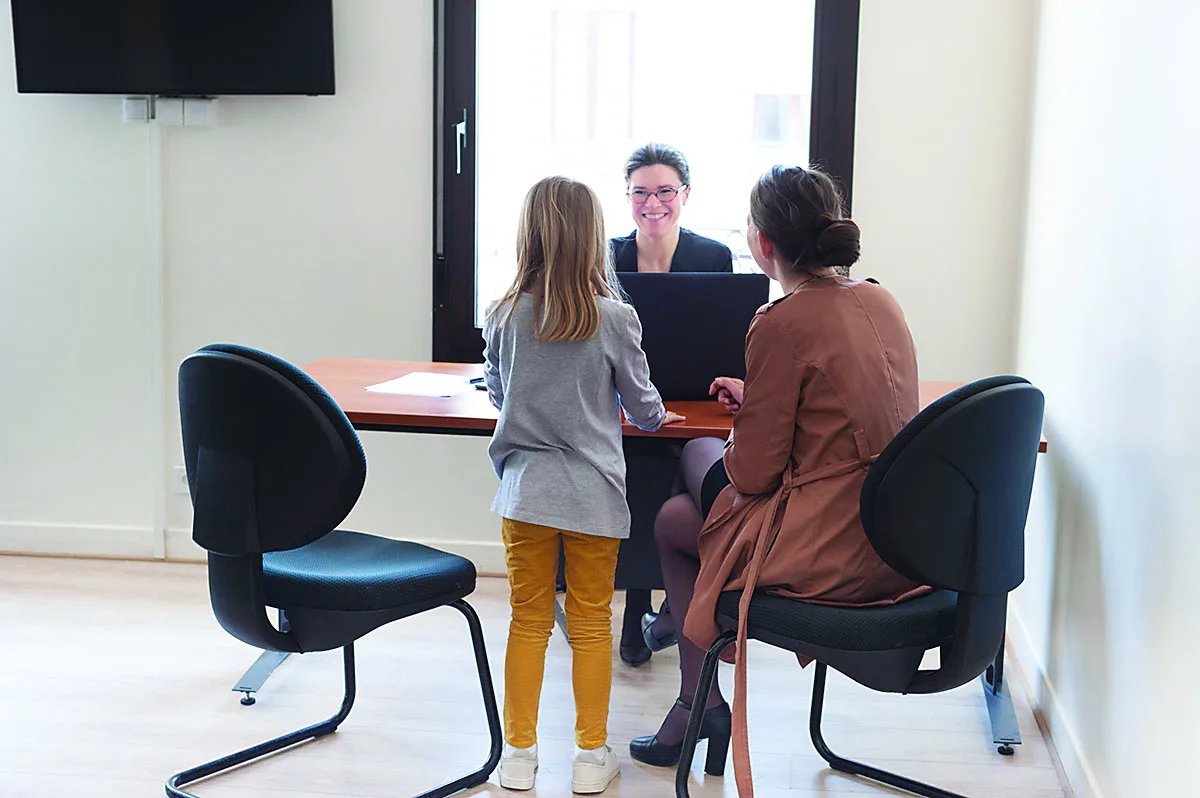
Ohio law states that once a child turns age 3, the school district of residency becomes responsible for the education of your child. When you have a child with special needs, this includes assessments, the evaluation team report (ETR), and writing and carrying out the individualized education plan (IEP).
However, sometimes a child and family may need more help beyond what is the school district’s responsibility. There are several agencies and community resources that can work alongside your school district to help you meet your child’s needs and help your family understand your child’s disability.
Where to Begin: Beyond the Schoolhouse DoorCall your local county board of developmental disabilities to begin determination of eligible services. It is never too early to call for information.Monitoring and Linking
Families to Community Services and Supports
Once determined eligible for services, your local county board can:
• Collaborate with school and attend IEP and ETR meetings as you request. The school may not automatically invite your county board representatives to meetings, so you must request that an invitation be sent.
• Refer and connect you to mental health and
behavioral resources. • Help with process of obtaining benefits.• Refer to assess risk and needs as it relates to
waiver requests.Ages 3-13: Supporting Children
Through the Early Years
• Bridge the process from early intervention (age 3) until transitional youth (age 14).
• Be a resource for local schools.
• Provide information regarding funding sources with the county board and other local agencies.
• Monitor services provided and services needed.Ages 14 until High School Graduation: Bridge the Transition from School to Adulthood• Attend IEP and ETR meetings. • Help you build a team to assist you in
meeting your goals.• Help you evaluate your strengths and
weaknesses in transition areas.
• Help you to understand post secondary services.
• Facilitate discussion about college, training, employment and community living.
• Be available to act as a resource and partner.
• Help families to prepare for life after graduation by focusing on employment, benefits, and guardianship as needed.
For an interactive list of best practices during all life stages, check out the Stark DD Navigation Tool at starkddnav.org.

